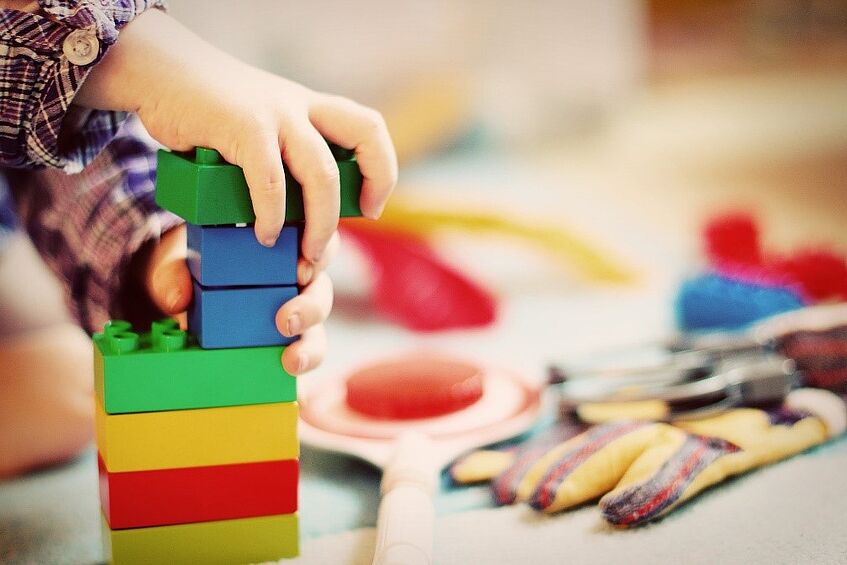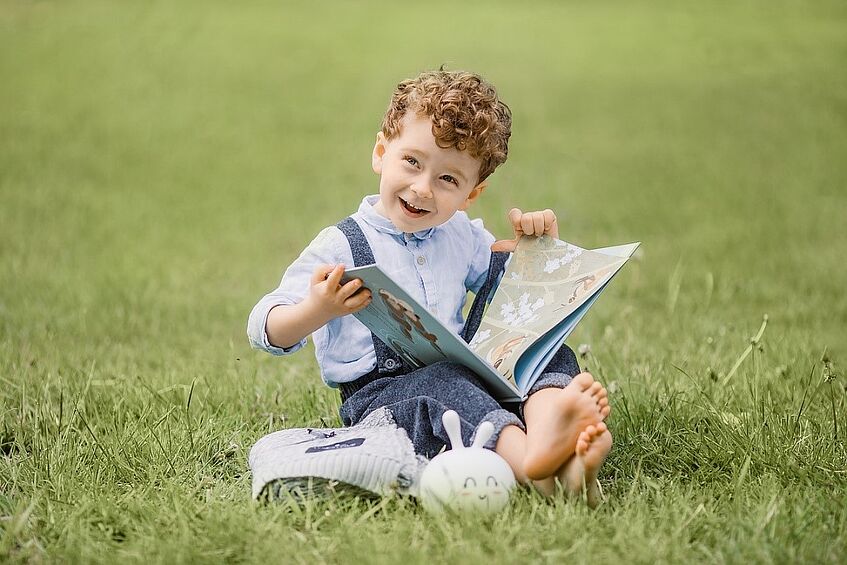Early Childhood Education
Early childhood education: The key to a successful future
Early childhood education takes place in the first years of a child's life, predominantly in the family and in elementary educational institutions, and has a major impact on the entire further individual educational path. Children learn at this age mostly in informal contexts, through everyday activities such as shared reading or play, and through observation and imitation of adults and peers. The way children learn during this time, how they develop social skills, and how they understand their world lays the foundation for their future education and even their success in adulthood.

Learning in the early years of life is not only important for the individual child but also has far-reaching implications for society. Investments in early childhood education can help reduce social inequality by providing equal opportunities for children from all social backgrounds. Thus, early childhood education contributes to steering our world in a better direction by investing in the potential of our youngest generation.

As a science, research on early childhood education addresses a variety of different questions about educational processes in early childhood and the factors that influence these processes.
One important topic here is preschool skill development and school readiness attainment.
How do we develop linguistic and mathematical precursor skills and how can we support these learning processes?
How does shared reading, for example, support the development of linguistic, social, and emotional competencies?
And what effect does the use of digital media have on children during this developmental phase?
